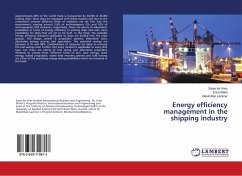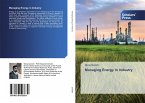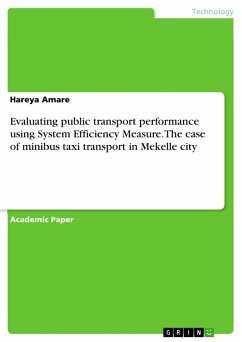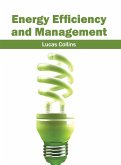Approximately 80% of the world trade is transported by 40,000 to 45,000 trading ships. Most ships are equipped with diesel engines and due to the combustion process different kinds of emissions are set free into the environment, causing around 2.6% of anthropogenic CO¿ and 10% of anthropogenic SO2 emissions, respectively. There are plenty of adjustment possibilities in terms of energy efficiency to existing ships and even more possibilities for ships that are yet to be built. In this book, the available energy efficiency measures applicable to ships are divided into five main groups: hull design, power & propulsion systems, alternative fuels, alternative energy sources and operations. The potential savings are between 0.1% and 84%. Combinations of measures are likely to increase the fuel savings even further. Not every method is applicable to every ship type, but there are plenty of fuel saving and alternative propulsion methods to choose from. Different kinds of fuel, solar energy, wind energy, hybrid propulsion, waste heat recovery systems and cold ironing are a few of the promising energy saving possibilities which are reviewed in this book.
Hinweis: Dieser Artikel kann nur an eine deutsche Lieferadresse ausgeliefert werden.
Hinweis: Dieser Artikel kann nur an eine deutsche Lieferadresse ausgeliefert werden.








